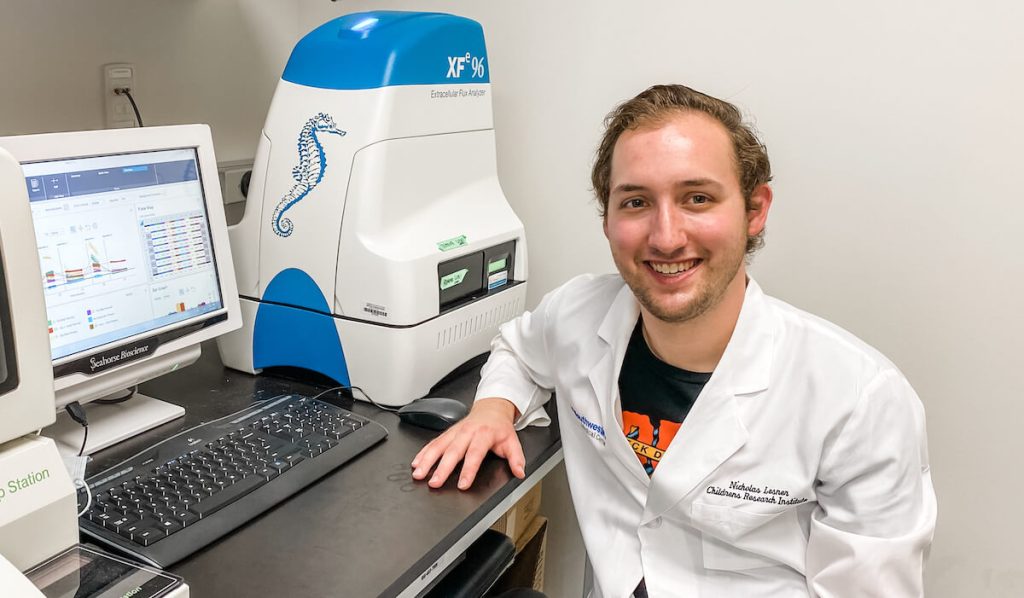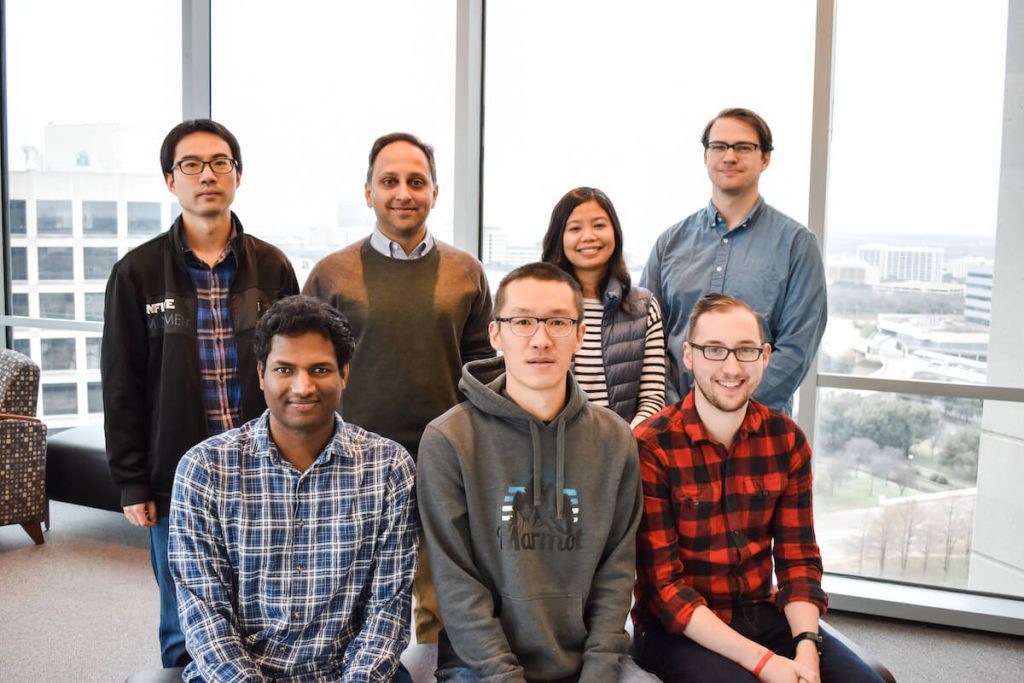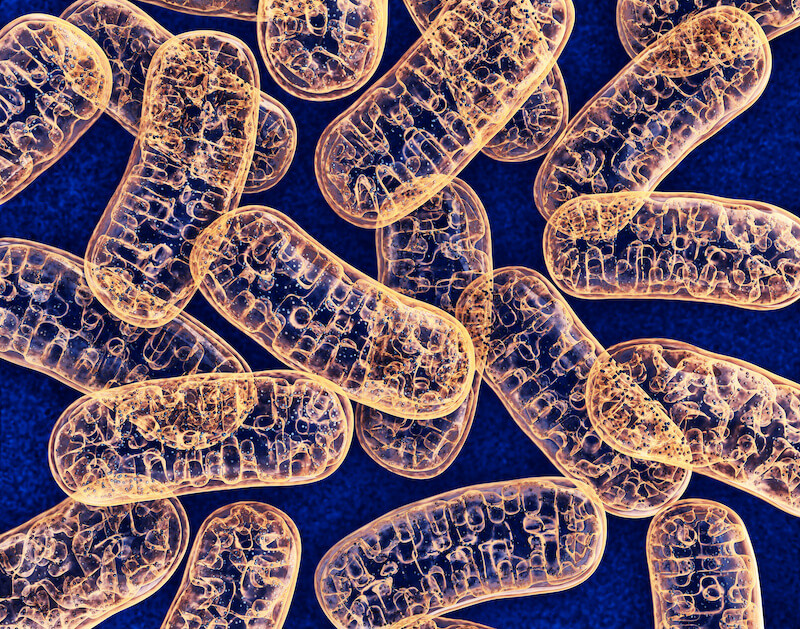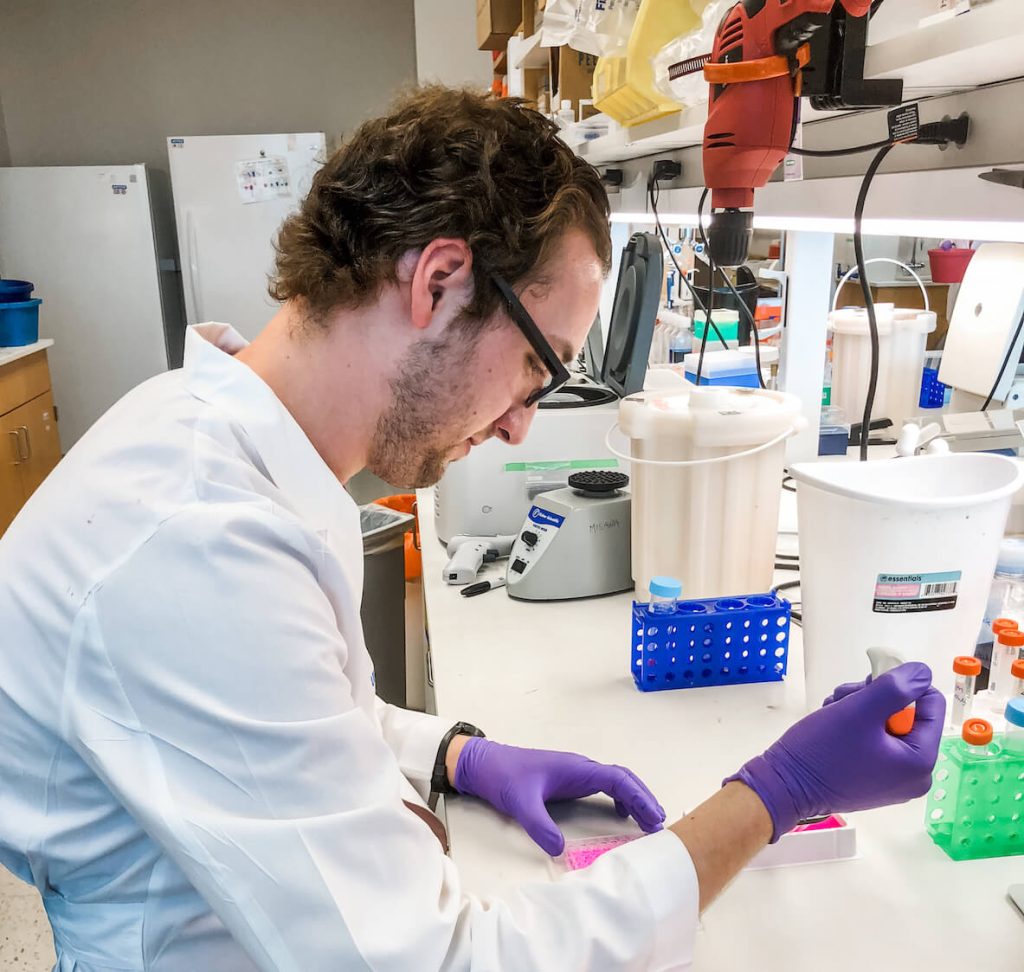August 24, 2020
Nicholas Lesner is a third-year graduate student in the Mishra lab and a Ruth L. Kirschstein National Service Award Individual Predoctoral Fellowship awardee. In CRI, he is studying how mutations in mitochondrial DNA can affect cell metabolism and how these changes can influence disease outcomes.
What are you researching?
I am studying how cells adapt their metabolism in response to mutations in mitochondria DNA. Mitochondrial diseases are a varied class of metabolic disorders that affect 1 in 4,000 people, and disease presentation varies significantly, making diagnoses difficult. Even if these diseases are properly identified, there are currently no effective treatments for this class of diseases. We recently discovered that alterations in glutamine and amino acid metabolism can indirectly regulate mitochondrial metabolism and electron transport chain function. These results, published in Metabolic Engineering, provide some interesting insights into how our cells survive when their mitochondria are not working and suggest there may be an adaptive mechanism that links glucose oxidation and amino acid metabolism to mtDNA mutations. Unearthing this link could provide information on clinical therapies and treatments. I am excited to further identify how different types of mitochondrial dysfunction alter metabolic pathways and to understand how these alterations influence disease progression and presentation.


How did you end up in CRI?
I ended up in CRI after meeting with Prashant Mishra and learning about a project involving metabolomics and mitochondrial disease. I had a heavy interest in metabolomics from my undergrad studies, and after rotating through different labs as part of UT Southwestern’s graduate school program, the Mishra lab felt like the best fit. I enjoyed the work, the lab, and CRI, which is a friendly, collaborative environment where great science happens. Also, having access to our own metabolomics core in CRI has really helped accelerate my research by providing me with the opportunity to quickly collect data and generate targeted methods.
How did you become interested in your field?
My undergraduate degree is in chemistry, and I became interested in this field because it is a perfect combination of analytical chemistry and biology. Early in my career, I was interested in using mass spectrometry to answer biological questions and had done some preliminary work in metabolism as part of my undergraduate studies. Many important metabolic pathways occur in our mitochondria, and studying the changes that occur in these reactions as a result of mitochondrial dysfunction was very appealing to me. I also enjoyed being able to combine different aspects of two areas of research — metabolism and mitochondrial biology — that CRI offers into a single project.


When you were a kid what did you want to be?
As a kid, I was very interested in learning and reading about history, including ancient Egypt and medieval times. I would watch The History Channel and enjoyed learning about the past. A career path as an archeologist seemed like a good fit, and the idea of actively discovering evidence to learn about the past was an exciting career prospect when I was young. During my undergraduate studies, I was able to continue learning about both history and chemistry, but I also wanted to pursue graduate studies in science. In a way, what attracted me about becoming a scientist was that same need to gather evidence to support your hypotheses and conclusions.
What would you be if you were not a scientist?
If I was not a scientist, I would want to be a pastry chef. Over the last few years that I’ve been in graduate school, I discovered how much I enjoy baking and decorating breads and pastries. Baking allows for experimentation in ingredients, recipes, and decorating. I enjoy following recipes but also like that baking allows me to go off the beaten path and try out new ideas.

© 2026 Children’s Research Institute Dallas Texas | Privacy | Site Policies